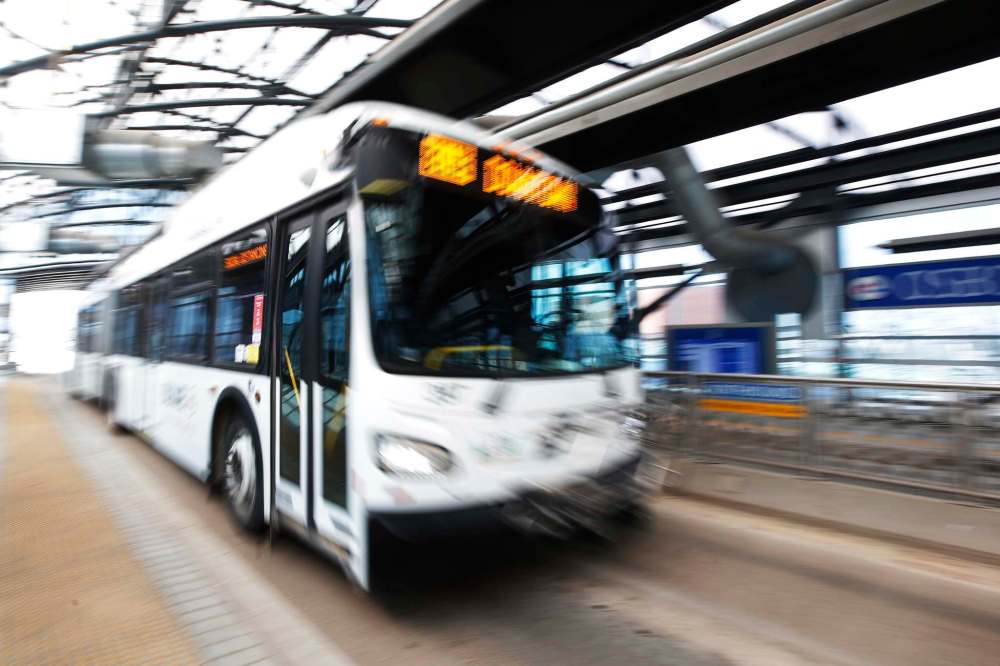Winnipeg gets lion’s share of federal funding
Advertisement
Read this article for free:
or
Already have an account? Log in here »
To continue reading, please subscribe:
Monthly Digital Subscription
$0 for the first 4 weeks*
- Enjoy unlimited reading on winnipegfreepress.com
- Read the E-Edition, our digital replica newspaper
- Access News Break, our award-winning app
- Play interactive puzzles
*No charge for 4 weeks then price increases to the regular rate of $19.00 plus GST every four weeks. Offer available to new and qualified returning subscribers only. Cancel any time.
Monthly Digital Subscription
$4.75/week*
- Enjoy unlimited reading on winnipegfreepress.com
- Read the E-Edition, our digital replica newspaper
- Access News Break, our award-winning app
- Play interactive puzzles
*Billed as $19 plus GST every four weeks. Cancel any time.
To continue reading, please subscribe:
Add Free Press access to your Brandon Sun subscription for only an additional
$1 for the first 4 weeks*
*Your next subscription payment will increase by $1.00 and you will be charged $16.99 plus GST for four weeks. After four weeks, your payment will increase to $23.99 plus GST every four weeks.
Read unlimited articles for free today:
or
Already have an account? Log in here »
Hey there, time traveller!
This article was published 22/10/2020 (1860 days ago), so information in it may no longer be current.
Manitoba municipalities are receiving $106 million as part of the federal Safe Restart Agreement, though the provincial government is facing some criticism for not topping up Winnipeg’s share.
The money is meant to help with operating costs during the COVID-19 pandemic, Manitoba Municipal Relations Minister Rochelle Squires said during a news conference Thursday.
Of the $106 million in Safe Restart funding, $72.6 million will be allocated directly to Manitoba’s 137 municipalities on a per capita basis; Winnipeg receives $42.2 million from that portion.

The remaining $33.4 million will be allocated to five Manitoba municipalities with eligible public-transit systems. The funding formula is being finalized but will take into account ridership and projected losses compared to pre-COVID-19 levels, Squires said.
Based on those factors, Winnipeg is expected to receive more than 90 per cent of Manitoba’s transit allocation, Squires said.
“This funding, along with our previously announced provincial supports, will provide municipalities with a much-needed financial cushion so that they can continue delivering the services that their residents need while still being able to advance priority projects such as the North End Water Pollution Control Centre, to use an example here in Winnipeg,” she said.
Mayor Brian Bowman thanked the federal government for “stepping up” to help Winnipeg offset pandemic losses.
“There’s no doubt that with over $70 million… of federal dollars flowing to the City of Winnipeg, that money will go a long way to protecting the operations and services that Winnipeggers rely upon,” said Bowman.
The mayor said he was disappointed the province didn’t add its own transit funding for municipalities, noting the Alberta and Ontario governments have done so.
“It’s disappointing today, but not entirely surprising, that there would be zero dollars of (provincial) support for transit to help us weather the COVID storm. This could very well have implications in our budget update, with respect to transit,” said Bowman.
He noted the province also ended an agreement in 2017, through which it had committed to pay 50 per cent of Winnipeg Transit’s operating costs.
The $30 million of federal transit funds should help offset most of an expected $32.4-million deficit for Winnipeg Transit in 2020. However, Bowman stressed more help is needed to address losses expected next year.
Winnipeg’s initial 2021 budget projections predict a Transit shortfall of $22 million, while all other city departments face a combined potential deficit of $34 million.
carol.sanders@freepress.mb.ca
joyanne.pursaga@freepress.mb.ca

Carol Sanders
Legislature reporter
In 1997, Carol started at the Free Press working nights as a copy editor. In 2000, she jumped at a chance to return to reporting. In early 2020 — before a global pandemic was declared — she agreed to pitch in, temporarily, at the Free Press legislature bureau. She’s been there ever since.

Born and raised in Winnipeg, Joyanne loves to tell the stories of this city, especially when politics is involved. Joyanne became the city hall reporter for the Winnipeg Free Press in early 2020.
Our newsroom depends on a growing audience of readers to power our journalism. If you are not a paid reader, please consider becoming a subscriber.
Our newsroom depends on its audience of readers to power our journalism. Thank you for your support.
History
Updated on Thursday, October 22, 2020 11:56 AM CDT: Story image
Updated on Thursday, October 22, 2020 10:48 PM CDT: Updates earlier version of story to final

